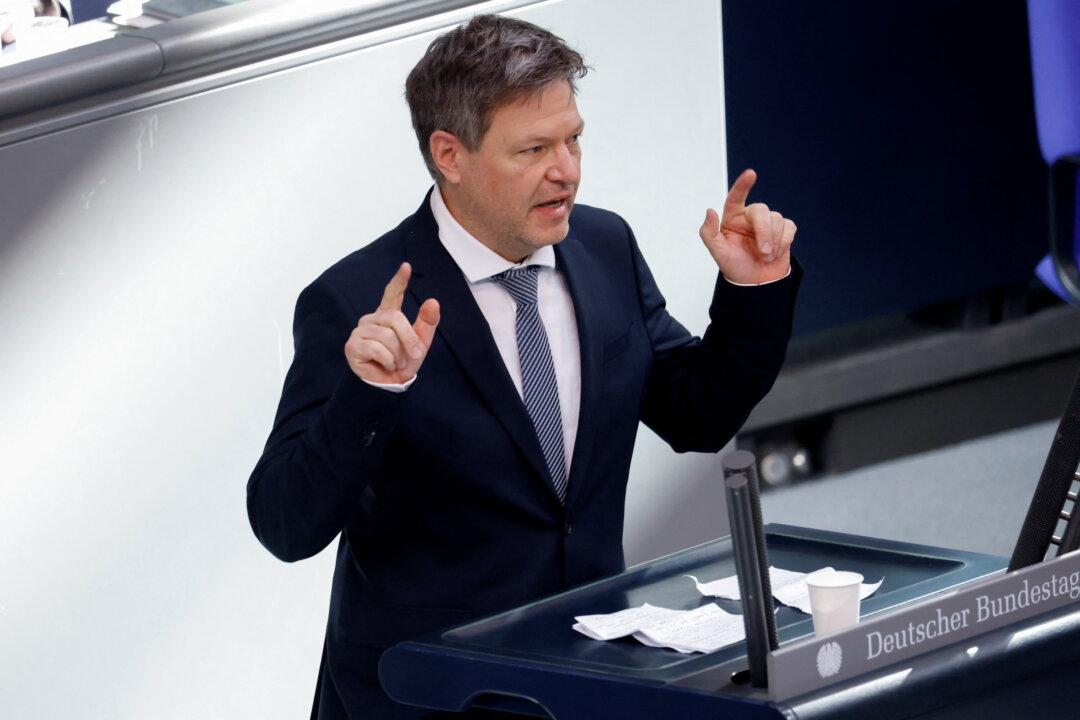The German energy minister has announced that the Group of Seven major economies (G-7) had agreed to reject categorically Russian President Vladimir Putin’s demand that payments for Russian natural gas be made in rubles.
On Monday, when asked about Putin’s ultimatum demanding that “unfriendly countries” must make payments for natural gas in Russian fiat currency, German politician Robert Habeck told reporters “all G-7 ministers agreed completely that this (would be) a one-sided and clear breach of the existing contracts.”





